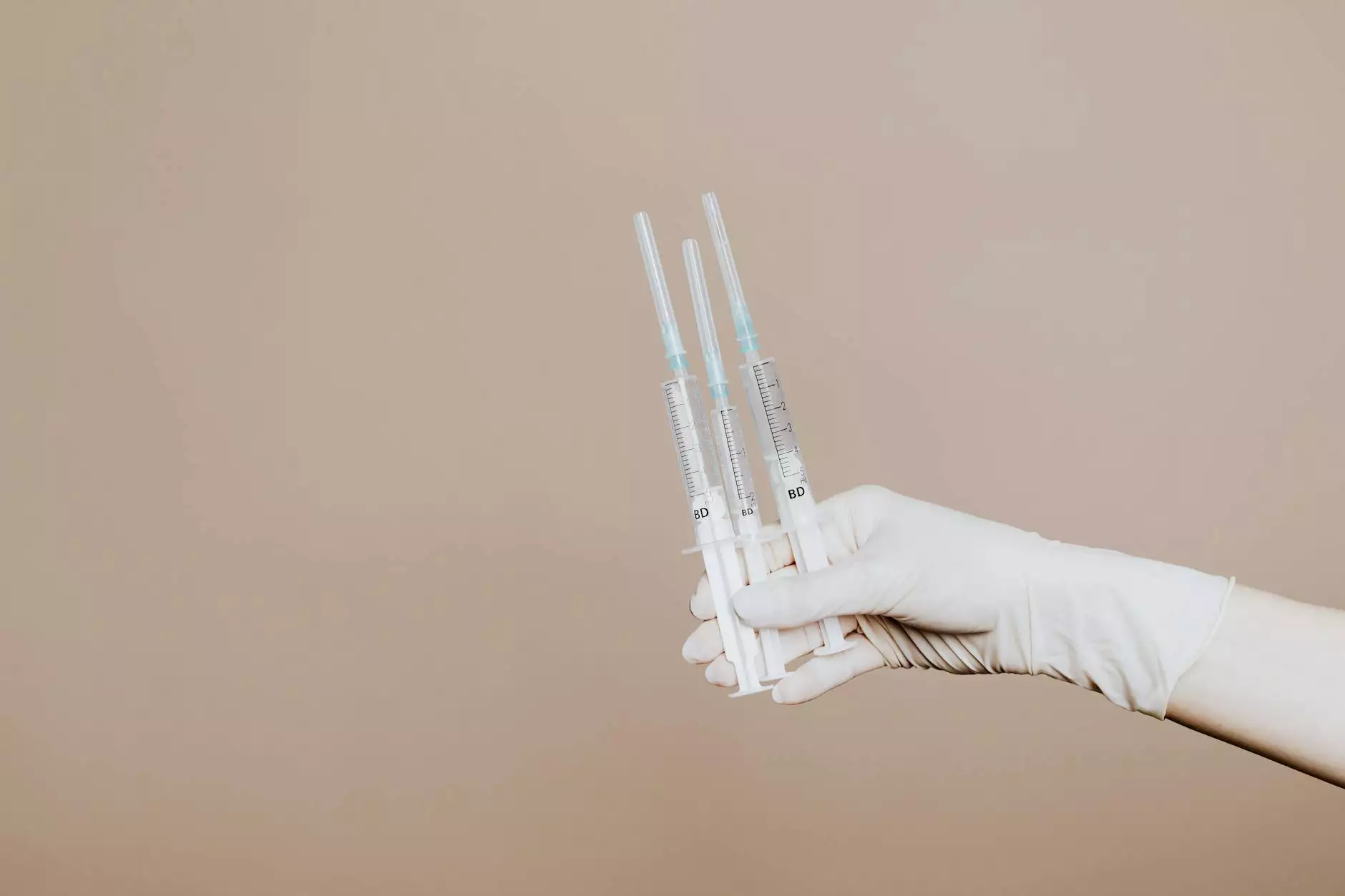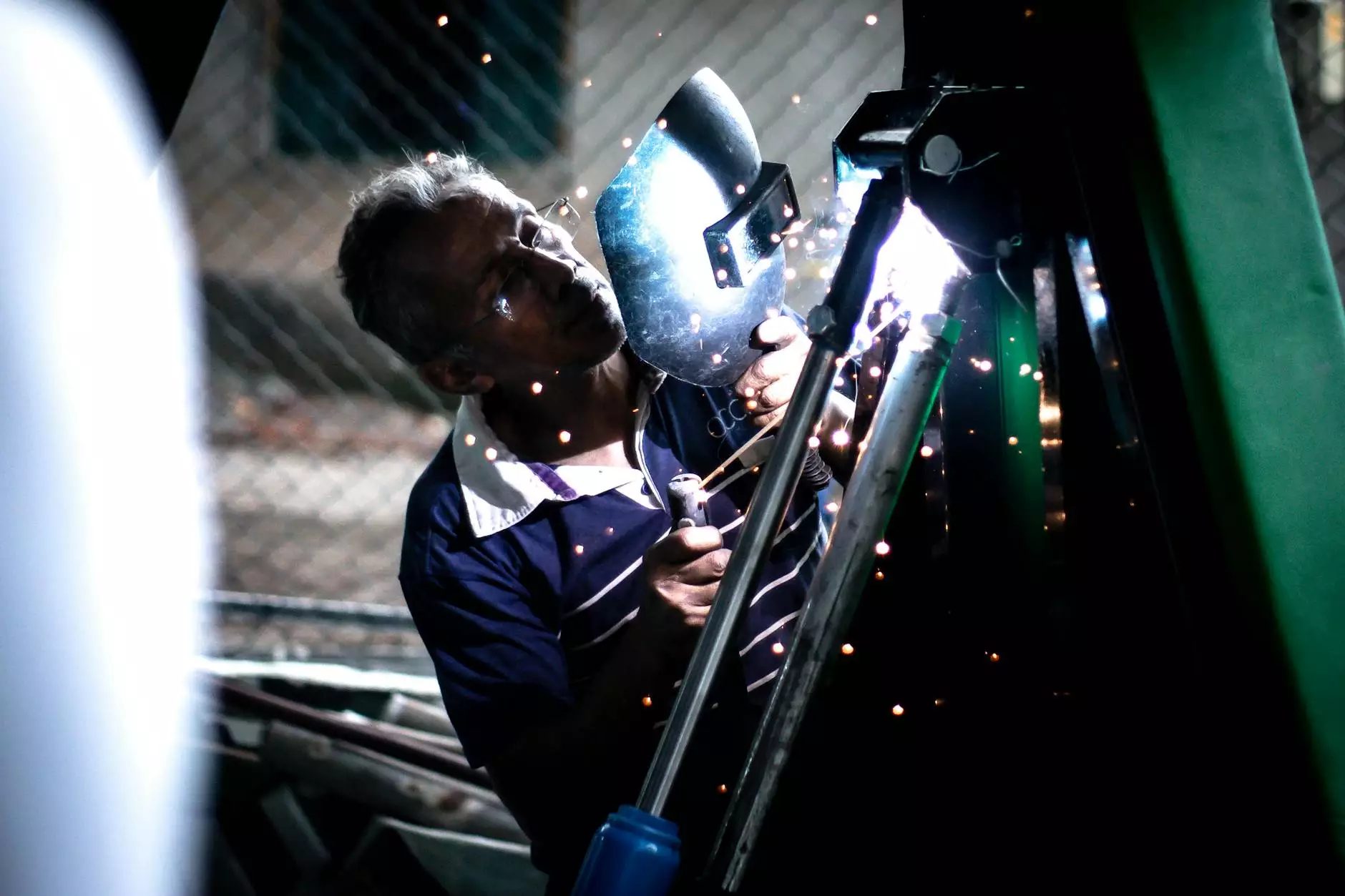The Essential Role of a Cancer Doctor in Modern Healthcare

Cancer remains one of the most formidable challenges in modern medicine. The journey from diagnosis to treatment involves multiple steps, and at the center of this journey is the cancer doctor, a professional dedicated to battling this complex disease. This article will explore the role of the cancer doctor, delve into their specialties, discuss treatment modalities, and provide insight into how they contribute to patient care and recovery.
What is a Cancer Doctor?
A cancer doctor is a medical professional specializing in the diagnosis and treatment of cancer. These physicians may be oncologists, hematologists, or surgeons, each playing a unique role in the management of cancer patients. Their main goal is to provide comprehensive care that not only targets the tumor but also supports the patient’s overall well-being.
Types of Cancer Doctors
The field of oncology is vast, encompassing several specialties. Understanding the different types of cancer doctors can help patients navigate their treatment journey more effectively:
- Medical Oncologists: They primarily manage cancer using chemotherapy, immunotherapy, and targeted therapy. They are crucial in formulating and overseeing a patient’s treatment plan.
- Surgical Oncologists: Specialized in the surgical removal of tumors, these doctors often play a critical role during the initial treatment phases.
- Radiation Oncologists: Focused on using radiation therapy to treat cancer, they design and implement treatment plans that balance effectiveness with minimizing damage to surrounding healthy tissues.
- Hematologists: Often involved with cancers related to blood, such as leukemia and lymphoma, they are integral to diagnosing and treating hematological malignancies.
The Importance of Early Detection
Early detection of cancer significantly increases the chances of successful treatment. Regular check-ups and screenings are crucial. A cancer doctor emphasizes the importance of awareness of risk factors and symptoms. Some common screening tests include:
- Mammograms for breast cancer
- Paps smears for cervical cancer
- Colonoscopy for colorectal cancer
- Prostate-specific antigen (PSA) tests for prostate cancer
Being proactive in health can make a significant difference. The cancer doctor works alongside patients to develop personalized screening plans based on individual risk factors.
Diagnosis and Initial Consultation
The journey with a cancer doctor often begins with a thorough consultation. During this initial meeting, the doctor will:
- Gather complete medical histories and current health details.
- Discuss any symptoms experienced and their timeline.
- Conduct or recommend diagnostic tests, such as biopsies, blood tests, or imaging studies.
Diagnosis is a complex process that requires careful evaluation of results. The cancer doctor then explains the diagnosis to the patient and discusses potential treatment options.
Treatment Modalities in Cancer Care
There are several treatment options available, and the choice often depends on cancer type, stage, and individual patient factors. A cancer doctor will typically recommend a combination of the following treatments:
Chemotherapy
Chemotherapy involves the use of drugs to kill cancer cells. It can be administered in various ways, including:
- Intravenously (IV)
- Orally in pill form
- Injections directly into the affected area
This treatment can be effective in shrinking tumors or killing cancer cells systemically.
Surgery
Surgical intervention aims to remove the tumor and surrounding tissue. The cancer doctor may recommend surgery as an initial treatment or as a way to alleviate symptoms.
Radiation Therapy
This localized treatment uses high doses of radiation to destroy cancer cells. It can be employed before surgery (neoadjuvant), after surgery (adjuvant), or as a standalone treatment.
Immunotherapy
This innovative treatment empowers the immune system to recognize and attack cancer cells. It represents a new frontier in cancer care and has shown promising results in various cancer types.
Targeted Therapy
Targeted therapies focus on specific molecules involved in cancer growth and progression. By interrupting these processes, they can inhibit cancer cell development.
The Role of Clinical Trials
Participation in clinical trials is another vital aspect of cancer treatment. A cancer doctor can provide information about ongoing trials that may offer access to cutting-edge therapies and innovations not yet widely available. These studies are crucial for developing new treatments and understanding their efficacy.
The Emotional Impact of Cancer and Patient Support
Beyond physical treatment, a cancer doctor understands the emotional toll that a cancer diagnosis can take. Support services often include:
- Counseling for patients and families to cope with emotional distress.
- Support groups where patients can share experiences and strategies for dealing with illness.
- Nutritional advice to help patients maintain strength and health during treatment.
Holistic care addresses the mind and body, ensuring that patients receive comprehensive support throughout their journey.
Building a Strong Doctor-Patient Relationship
For effective cancer care, a trusting relationship between a cancer doctor and their patient is essential. Open communication allows for better management of expectations, side effects, and concerns during treatment. Patients should feel encouraged to ask questions and voice their feelings to foster this partnership.
Living Beyond Cancer: Survivorship Care
After treatment concludes, continuous follow-up care is crucial. A cancer doctor will develop a survivorship care plan tailored to individual needs, which may involve:
- Regular medical check-ups to monitor for recurrence.
- Management of ongoing side effects and health conditions.
- Guidance on lifestyle changes to improve overall health.
Survivorship care is about reclaiming life and focusing on a healthy future.
Conclusion
The role of a cancer doctor is multifaceted and vital in the fight against cancer. By combining medical expertise, empathy, and innovative treatment methods, these professionals help illuminate the path for patients navigating through one of life's most challenging journeys. Whether through surgical interventions, chemotherapy, or supportive care, cancer doctors are instrumental in transforming the way cancer is treated and experienced. If you or someone you know is facing a cancer diagnosis, remember that the journey does not have to be confronted alone; a dedicated cancer doctor will be by your side, providing guidance, treatment, and unwavering support.
Contact Information
For more information regarding cancer care and treatment options, or to schedule an appointment with a qualified cancer doctor, visit oncologicalsurgery.net.









